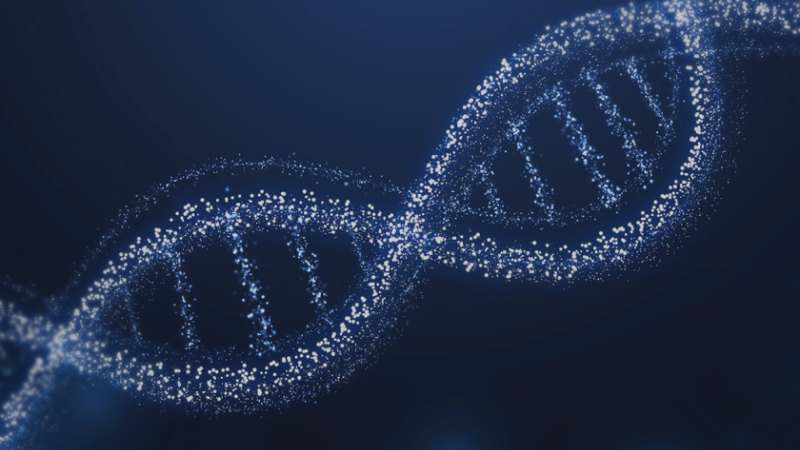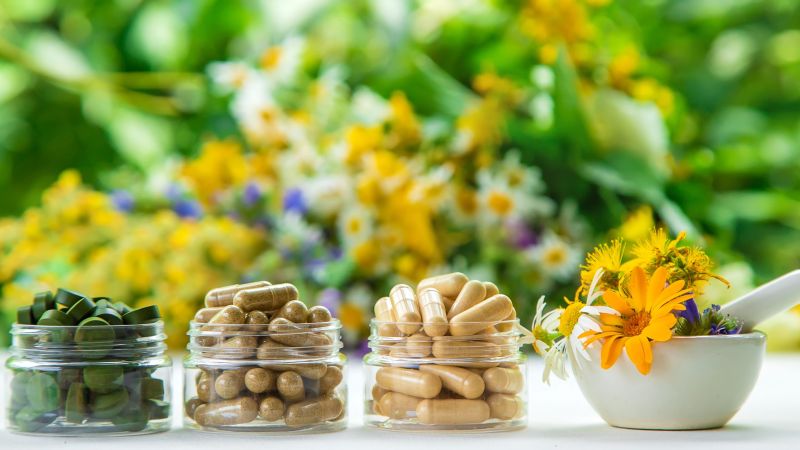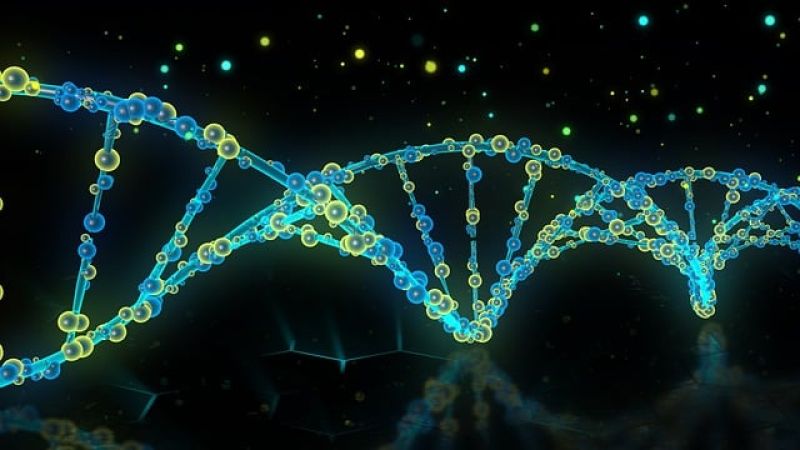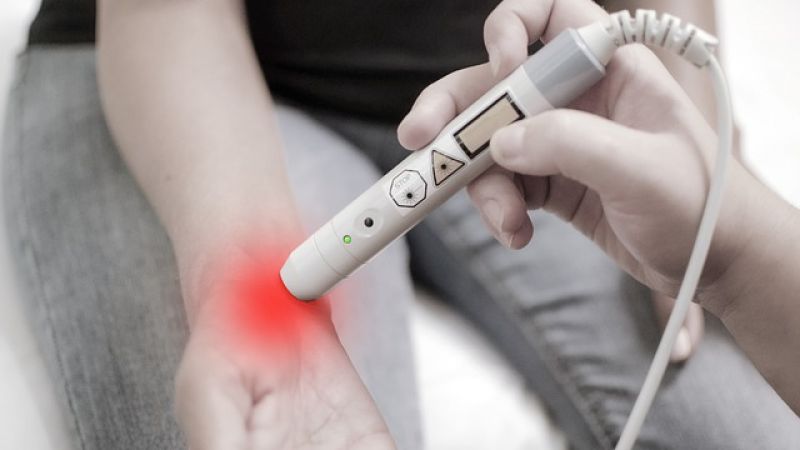
Antioxidants and the TAC assay
Article topics
- What is TAC?
- What are the risk factors for antioxidant deficiency?
- How can you optimize your antioxidant levels?
- Conclusion
- References
What is TAC?
Our total antioxidant capacity (TAC) test measures the ability of the blood to blunt the harmful effects of oxidative stress. Although it does not include all of the body’s antioxidant defenses like intracellular enzymes such as superoxide dismutase, it provides a valuable measure of a person’s antioxidant capacity that can be used to identify antioxidant deficiencies and to guide to optimal levels.
Antioxidants blunt the effects of oxidative stress by stopping free radicals from damaging cellular DNA, proteins, and lipids. Stopping free radicals improves immune function, increases healthspan, and reduces DNA damage that contributes to cancer and aging. Combined with the d-ROMs assay, TAC provides a picture of how well you are protected from the harmful effects of oxidative stress.

What are the risk factors for antioxidant deficiency?
Environmental and internal stresses that produce free radicals deplete the body’s antioxidant stores. If you chronically expose yourself to stressors like pollution or a an inflammatory diet, then you will overuse your antioxidant reserves and risk becoming deficient.
Some causes of antioxidant deficiencies:
- Diets low in antioxidants
- Alcohol
- Smoking
- Radiation
- Pollution
- Infections
- Obesity
- Chronic inflammation
- Excessive iron, magnesium, copper, or zinc
- Excessive antioxidant supplementation
How can you optimize your antioxidant levels?
A word of caution on supplements
While reducing oxidative stress is a good thing, heavy use of supplements like over-the-counter vitamin C and vitamin E can be harmful. In a meta-analysis of 14 clinical trials (n=170,525), antioxidant supplementation was not found to prevent gastrointestinal cancer, but may have increased risk instead.
Many more studies on antioxidant supplementation failed to find beneficial effects:
- A meta-analysis of 19 randomized clinical trials (n=135,967) concluded that high-dose vitamin E supplements may increase all-cause mortality.
- A meta-analysis of 53 randomized trials (n=241,833) found an increased risk of all-cause mortality after supplementing with antioxidants.
Diet
Contrary to supplemental antioxidants, dietary antioxidants have a positive effect on health. A study (n=521,457) on the effects of dietary antioxidant compounds found a reduced risk of gastric cancer. Another study surveyed cancer patients and controls suggests eating antioxidant-rich whole foods lowers the risk of cancers like non-Hodgkin’s lymphoma.
Why might whole foods have an effect on cancers while individual supplements may not? The answer may be that there is a synergistic antioxidant effect from eating whole foods that lowers the risks of developing age-related diseases.
Aside from mortality risk, antioxidants can improve cognitive ability. Lutein and zeaxanthin are antioxidants that cross the blood-brain barrier and reduce oxidative stress in the brain. They are found in green leafy vegetablesand can improve cognitive function in older adults
A diverse, non-exhaustive list of high antioxidant foods:
- Beverages
- Green tea
- Coffee
- Red wine
- Nuts
- Walnuts
- Sunflower seeds
- Berries, fruits, and vegetables
- Amla (Indian gooseberry)
- Kale
- Plums
- Spices and herbs
- Cloves
- Oregano
- Thyme

Conclusion
Antioxidants are an integral part of a healthy diet. If you believe you are deficient, try adding more some spices into your meals like allspice, oregano, or cloves, and increase your intakes of fruits and vegetables. Try to get all your antioxidants from whole foods if possible. If you have an allergy to fruits and find it difficult to take in antioxidants from whole foods or spices, then consider small-dose supplements while monitoring your biomarkers so you don’t take high doses.
References
- Tan BL, Norhaizan ME, Liew WP, Sulaiman Rahman H. Antioxidant and Oxidative Stress: A Mutual Interplay in Age-Related Diseases. Front Pharmacol. 2018;9:1162. Published 2018 Oct 16. doi:10.3389/fphar.2018.01162
- Singh AK, Pandey P, Tewari M, Pandey HP, Gambhir IS, Shukla HS. Free radicals hasten head and neck cancer risk: A study of total oxidant, total antioxidant, DNA damage, and histological grade. J Postgrad Med. 2016;62(2):96-101. doi:10.4103/0022-3859.180555
- Liguori I, Russo G, Curcio F, et al. Oxidative stress, aging, and diseases. Clin Interv Aging. 2018;13:757-772. Published 2018 Apr 26. doi:10.2147/CIA.S158513
- Bjelakovic G, Nikolova D, Simonetti RG, Gluud C. Antioxidant supplements for prevention of gastrointestinal cancers: a systematic review and meta-analysis. Lancet. 2004;364(9441):1219-1228. doi:10.1016/S0140-6736(04)17138-9
- Miller ER 3rd, Pastor-Barriuso R, Dalal D, Riemersma RA, Appel LJ, Guallar E. Meta-analysis: high-dosage vitamin E supplementation may increase all-cause mortality. Ann Intern Med. 2005;142(1):37-46. doi:10.7326/0003-4819-142-1-200501040-00110
- Bjelakovic G, Nikolova D, Gluud C. Meta-regression analyses, meta-analyses, and trial sequential analyses of the effects of supplementation with beta-carotene, vitamin A, and vitamin E singly or in different combinations on all-cause mortality: do we have evidence for lack of harm?. PLoS One. 2013;8(9):e74558. Published 2013 Sep 6. doi:10.1371/journal.pone.0074558
- Serafini M, Jakszyn P, Luján-Barroso L, et al. Dietary total antioxidant capacity and gastric cancer risk in the European prospective investigation into cancer and nutrition study. Int J Cancer. 2012;131(4):E544-E554. doi:10.1002/ijc.27347
- Holtan SG, O’Connor HM, Fredericksen ZS, et al. Food-frequency questionnaire-based estimates of total antioxidant capacity and risk of non-Hodgkin lymphoma. Int J Cancer. 2012;131(5):1158-1168. doi:10.1002/ijc.26491
- Liu RH. Health benefits of fruit and vegetables are from additive and synergistic combinations of phytochemicals. Am J Clin Nutr. 2003;78(3 Suppl):517S-520S. doi:10.1093/ajcn/78.3.517S
- Eisenhauer B, Natoli S, Liew G, Flood VM. Lutein and Zeaxanthin-Food Sources, Bioavailability and Dietary Variety in Age-Related Macular Degeneration Protection. Nutrients. 2017;9(2):120. Published 2017 Feb 9. doi:10.3390/nu9020120
- Hammond BR Jr, Miller LS, Bello MO, Lindbergh CA, Mewborn C, Renzi-Hammond LM. Effects of Lutein/Zeaxanthin Supplementation on the Cognitive Function of Community Dwelling Older Adults: A Randomized, Double-Masked, Placebo-Controlled Trial. Front Aging Neurosci. 2017;9:254. Published 2017 Aug 3. doi:10.3389/fnagi.2017.00254
- Carlsen MH, Halvorsen BL, Holte K, et al. The total antioxidant content of more than 3100 foods, beverages, spices, herbs and supplements used worldwide. Nutr J. 2010;9:3. Published 2010 Jan 22. doi:10.1186/1475-2891-9-3
- Zhao T, Sun Q, Marques M, Witcher M. Anticancer Properties of Phyllanthus emblica (Indian Gooseberry). Oxid Med Cell Longev. 2015;2015:950890. doi:10.1155/2015/950890
Lastly, if you’re interested in going deeper on health-related content, here are a few of our recent posts that you may want to read:
Read More














